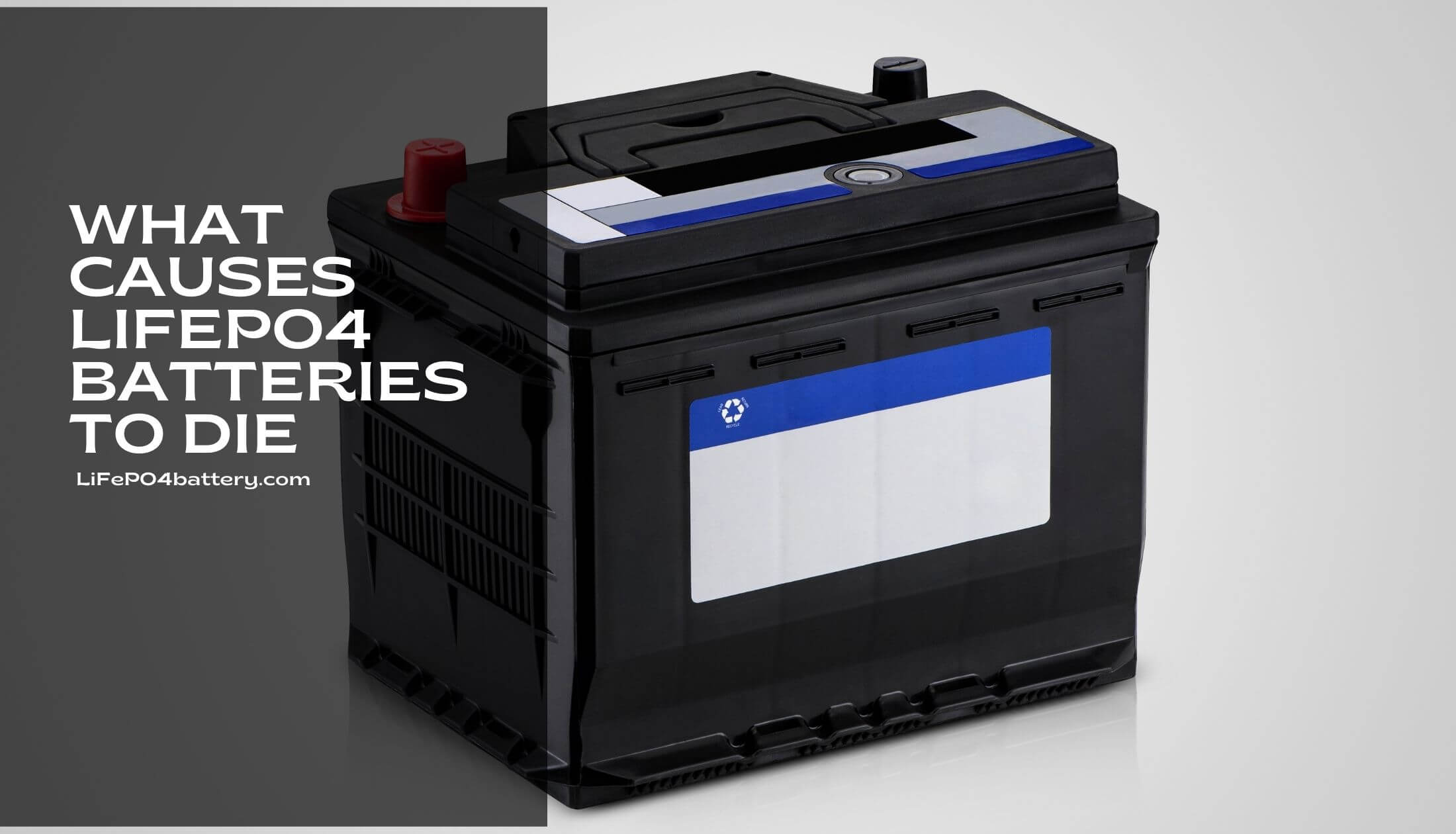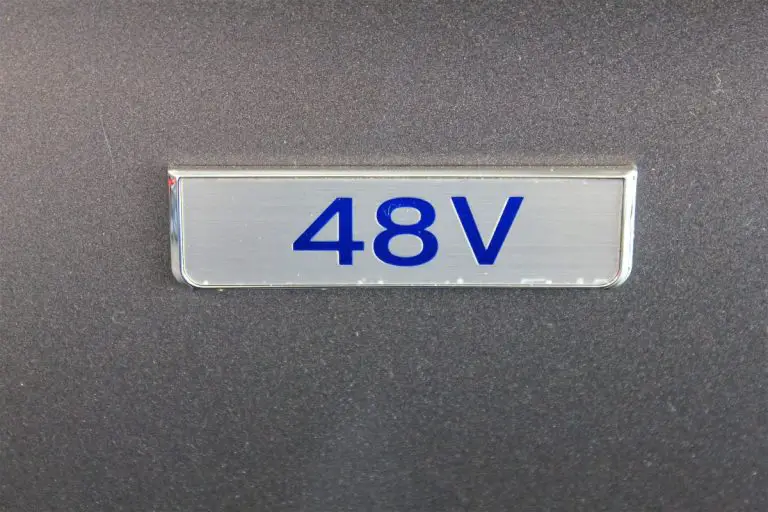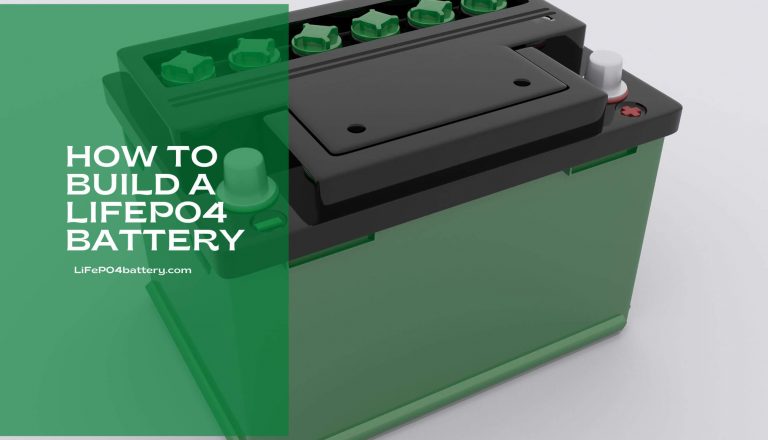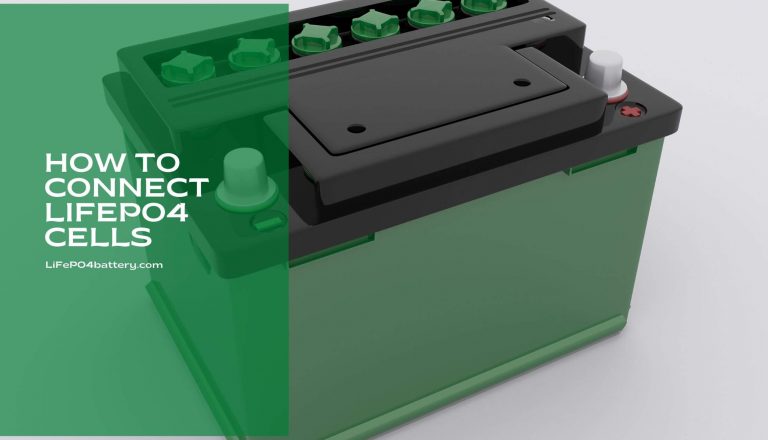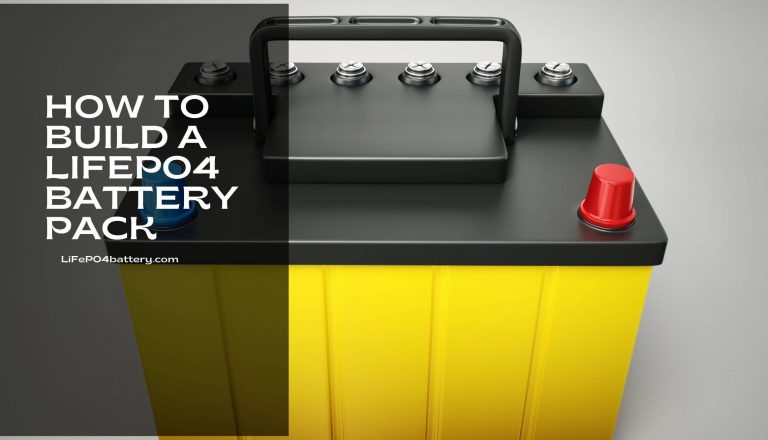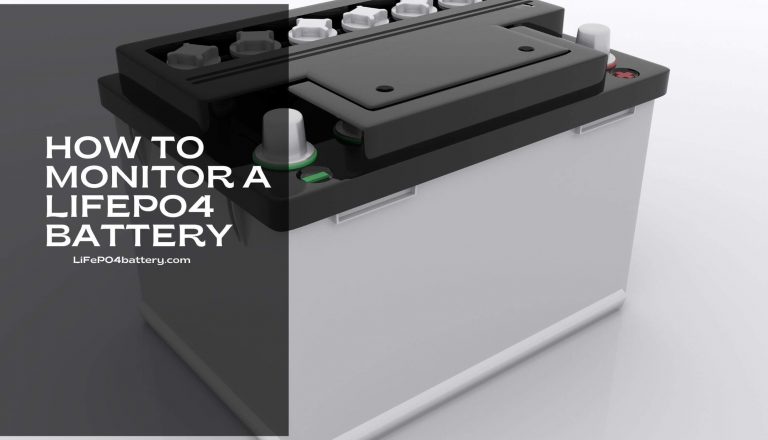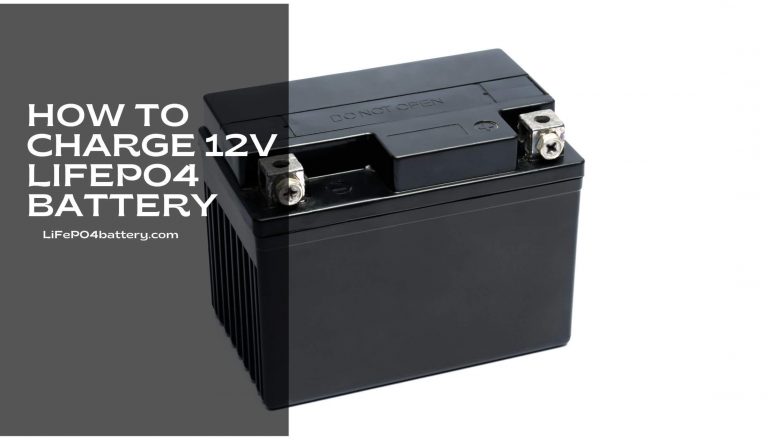What Causes Lifepo4 Batteries To die
Lifepo4 batteries are an energy source that can last up to 15 years without needing to be replaced. These types of batteries offer a lot of benefits, but they also come with some downsides. In this article, you’ll find out more about why these batteries sometimes end up dying and What Causes Lifepo4 Batteries To die.
What Causes Lifepo4 Batteries To die
Lifepo4 batteries are susceptible to death if they are not properly handled. Lifepo4 batteries should only be charged with the included charger and should never be charged with a homemade charger. Lifepo4 batteries should also only be discharged in the battery pack that came with the device.
If your Lifepo4 battery is showing signs of weakness, it is important to take it to an authorized retailer or service center for replacement. Do not attempt to fix or replace the battery yourself — this could lead to damage and may not work properly after repairs are made.
Lifepo4 is considered to be a more powerful battery than Lifepo3. However, they are also more prone to dying. There are a few common causes of Lifepo4 batteries dying, and each one has a different solution.
One of the most common causes of Lifepo4 batteries dying is age. The battery cells in Lifepo4 batteries tend to degrade over time, and this can cause the battery to become unusable.
Lifepo4 batteries are known to die quickly if not used regularly. Lifepo4 batteries should be charged at least once every two months, or when the battery level drops below 50%.
If you do not use your Lifepo4 frequently, you can keep it stored in a cool, dry place. However, if it does not have any charge, you should discard it and get a new one. if you do not follow these instructions then it causes dying lifepo4 batteries.
Does the temperature cause LiFep04 batteries to die?
Lifepo4 batteries are designed to work in a specific temperature range. If the battery is taken outside of this range, it can cause it to die.
Lifepo4 batteries were designed to work in a specific temperature range. If the battery is taken outside of this range, it can cause it to die. This range is between 4 and 36 degrees Celsius (39 and 96 degrees Fahrenheit).
If you are using your lifepo4 battery in a way that is not within this range, the battery may not last as long. If you are using them on other devices, the battery may not last as long.
Lifepo4 batteries are designed to work in a certain temperature range. If the battery is exposed to a higher temperature, it can damage the battery and cause it to die.
Lifepo4 batteries are often used in devices that are placed close to the body, such as heart monitors. If the battery is damaged by high temperatures, it could eventually die and the device would need to be replaced.
If you are using a lifepo4 battery in a device that is being used in a high-temperature environment, make sure to keep the battery cool and avoid overloading it.
Common causes of damage lifepo4 battery
The most predominant causes of premature failure of LiFePO4 batteries are overcharging and over-discharging. Despite just being a single occurrence, both can cause severe damage on a level that would be irreversible, making your cell useless.
Misusing a LiFePO4 battery can cause it to even explode or catch fire. This type of mishandling is not covered under warranty and can be extremely dangerous to you and those around you. The most common reasons LiFePO4 batteries fail are over-charging and over-discharging. A single occurrence of either is enough to cause permanent damage, so they void the warranty if used improperly.
The most common cause of the damage is the use of the wrong charger. If the charger does not match the battery, the charger will send a large current into the battery, which will cause the battery to overheat and overcharge and cause the battery to vent. Or it will cause the battery to short circuit, which will cause the battery to explode. In addition, the battery is also very likely to be damaged by overcharging, over-discharging, over-heating, over-current, and other phenomena, especially in the case of the use of the wrong charger.
How to avoid damaging your lifepo4 battery and prolong its life.
Lifepo4 batteries are designed to last for up to 10 years. However, there are a few things that you can do to help prolong the life of your battery. The first thing that you can do is to avoid damaging your battery. This includes avoiding excessive charging and discharging, as well as using the battery incorrectly. You can also keep your battery clean by removing any dirt or debris that may be trapped inside it. You can also wash your battery using warm water and mild soap.
If you notice that your battery is starting to die, try to replace it as soon as possible. Lifepo4 batteries are not available in stores, so you will need to order them online.Lifepo4 batteries can last up to 10 years with proper care. However, there are some things you can do to make sure your battery lasts as long as possible. The first thing you need to do is to keep your lifepo4 battery cool. If it gets too hot, the battery will begin to degrade and will eventually die. You should also avoid charging your lifepo4 battery overnight. Doing so will damage the battery and may even cause it to die.
If you notice that your lifepo4 battery is starting to die, you should replace it as soon as possible. Lifepo4 batteries are not cheap, so it is worth investing in a quality battery that will last for years.
Conclusion
Lifepo4 batteries are one of the most popular types of batteries on the market. However, they can also die suddenly and without warning.
In the blog article, “What Causes Lifepo4 Batteries To Die,” we explored the many potential causes of Lifepo4 battery failure. We found that many of these failures are due to battery degradation over time. Lifepo4 batteries are susceptible to several types of damage, including water damage, physical damage, and chemical exposure.

